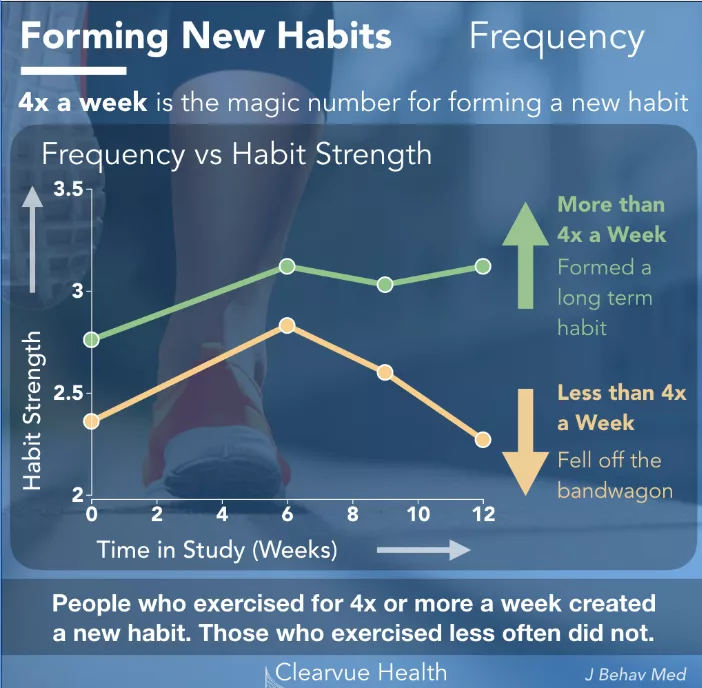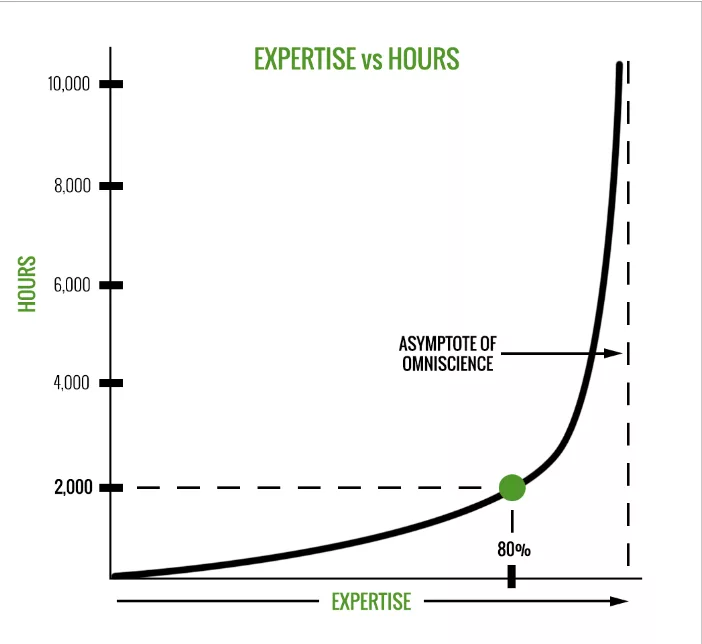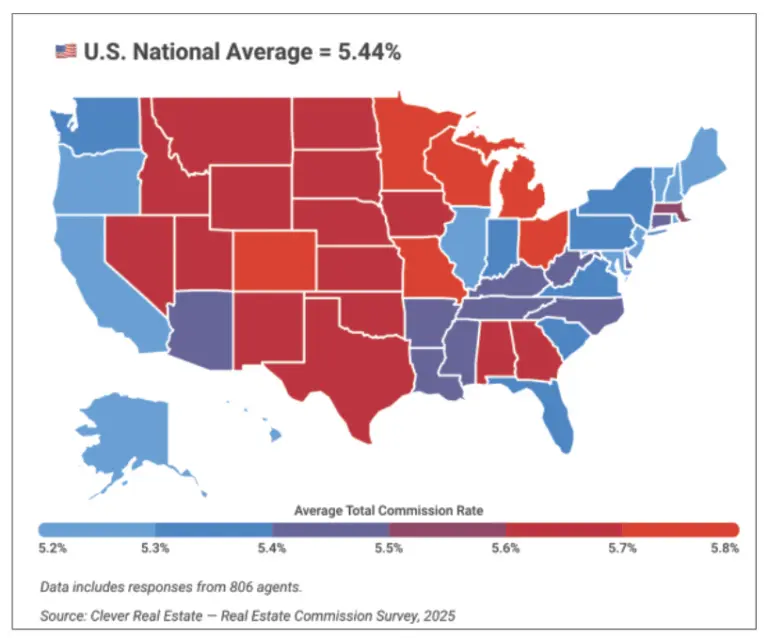By John Engel
Ryan Serhant says he won’t stop until he’s #1 in the world. The real estate agent turned star of the #3 Netflix show, Selling New York, says his drive to be the best demands every minute of his day be scheduled and monetized, what he calls the “1,000-minute rule.” Pretty intense.
It all began in 1877 when a great musician (Hans von Bülow) said, “If I miss one day of practice, I notice it; if I miss two days, my friends notice it; if I miss three days, the audience notices it.”
The idea was studied by Anders Ericsson in 1993, and it was he who first developed the “10,000-hour rule” on structured, goal-oriented effort and the role of deliberate practice in the acquisition of expert performance. The idea was then popularized but oversimplified by Malcolm Gladwell in his 2008 book, Outliers: The Story of Success. The Beatles were not great because they practiced 10,000 hours. Steve Jobs needed some luck on his journey to create Apple. Genetics, opportunity, coaching and motivation all play a role.
Now, consider the power of habit. Habit, not raw talent or hours alone, determines success and efficiency; that’s the new edge.
Success is a full-time job. It is the exception, not the rule, when someone takes a short-cut, like a lottery winner. Studies show we reach 80% mastery in 2,000 hours but it takes 10,000 hours to approach 100%. Creativity, even brilliance, misdirected — even with hours of hard work — won’t bring success. Creativity lives alongside efficient routines built by habit and improved over time. The trains must run on time. Reliability and predictability still have currency, even if we aren’t making shows on Netflix about it.
When I was young, my mother asked me what I wanted in life, and I said I want to be a millionaire. She said that’s easy; there’s a formula for that — just give up everything else and focus on it. She pointed out several friends of the family, workaholics in a range of professions, and what they had in common besides skill was extraordinary dedication to their jobs and discipline.
But she warned me what her father warned her, “Be careful what you wish for.” It sometimes comes at great cost. I’ve learned that what I wish for keeps changing.
Cut to the New York Times Bestseller, The Power of Habit, Why We Do What We Do in Life, by Charles Duhigg. It’s not a business book, although that’s where you’ll find it. It’s more a reflection on human nature and its potential. Rated 4.6 with half-a-million ratings on Goodreads, the book offers the key to exercising regularly, losing weight, being more productive, and achieving success; it’s in our ability to develop habits. We don’t usually think about habit development when we are analyzing a business or practicing golf but there it is.
A Habit begins with a Cue, which triggers a Routine, resulting in the Reward. The Reward is why a Habit exists. If you can identify the Cue or change the Routine in a small way, you can break a habit and maybe form a better habit. Diagnose your habits; you can change them in whatever ways you want.
The book offers case studies ranging from Pepsodent’s success in making teeth-brushing a habit to Starbuck’s contributions to our coffee habit. My favorite is how Proctor & Gamble’s addition of scent to the failed Febreze formula birthed new habits and a billion-dollar industry.
Let’s consider habits insofar as they relate to realtors and the business of real estate.
First, like Ryan Serhant says, to be successful in this business, you must do it full-time. I’m sorry to all the part-timers reading this, but the expectations of our clients are not only that we know the market and the law, but that we interact with our fellow agents daily, getting better at understanding and predicting and negotiating all the time. Nobody wants to work with someone who sells one house a year. Exceptions exist, but most of us want to work with someone who is a leader, has been a leader, or will be a leader, and that starts with showing up for work every day, all day.
This is supported by NAR’s 2023 study of real estate firms, which found, “Among firms surveyed, the median number of part-time sales licensees is zero, regardless of firm size.”
Second, good Realtors work efficiently. Serhant says that because he earns no salary, he needed a system to be most productive with his time. He developed the “1,000-minute rule” to optimize his daily schedule. Since every day comprises 1,440 minutes (and he only needs 440 for sleep and a personal life), that leaves him 1,000 minutes divided neatly into 15-minute increments that align with his overarching goals (1. Find, 2. Keep, and 3. Do Business), allowing for focused and efficient work throughout the day. Time-wasters are “stealing” our time, our most valuable commodity. Serhant says rather than being a prisoner to his schedule, he says it lets him feel “free” and not stuck in time-wasting activities.
Third, industry habits are being challenged. Tuesdays and Thursdays were open house days. It has long been a habit of Realtors to introduce a house to brokers at the broker open house before releasing the house to the market. Not anymore. And why should they, if the marketing is increasingly directed at buyers? Agents and their customers are now getting the same information from the Internet at the same time. The demise of the broker-tour, the ascendance of Internet portals like Zillow, and challenges to the two-broker paradigm are all habit-breaking (and habit-forming), and controversial.
A Cue (starting the workday) leads to a Routine (checking emails) and a Reward (feeling organized). Adjustment of the loop could prioritize more impactful tasks such as client outreach. “Keystone habits” are those that trigger positive changes in other areas. For Realtors, consistent follow-up with clients can lead to improved relationships, increased referrals, and ultimately, more sales.
Breaking the Routine requires willpower, a muscle that can be strengthened over time. Since Realtors face unpredictable situations, building willpower can help us in maintaining focus and resilience during tough negotiations or market downturns. We draw upon our past experiences to build up willpower, and we rely on the agents around us for strength. It’s a big reason for the popularity of teams in the real estate industry.
Building systems that reduce decision fatigue is key. As we mature, we put people, systems, and processes around us, leaving us to do the things that only we can do.
Most of us won’t live by a 1,000-minute schedule. But knowing your priorities helps you spot wasted time — and small adjustments in habits make a big difference. Whether it’s skipping a late-night snack or making one more client call, the right habits lead to better business. Maybe the first step is more and better client outreach to 1. Find, 2. Keep, and 3. Do business.
Track your next 1,000 minutes. What would you do differently tomorrow?
John Engel has been developing habits since 2008 as a Realtor, now with The Engel Team at Douglas Elliman. Most of his habits he picked up from his mother, Susan Engel, a Realtor who originally learned good habits with Mabel Lamb and then Brotherhood & Higley. John is looking at the rowing machine in the corner, thinking about making a habit.



